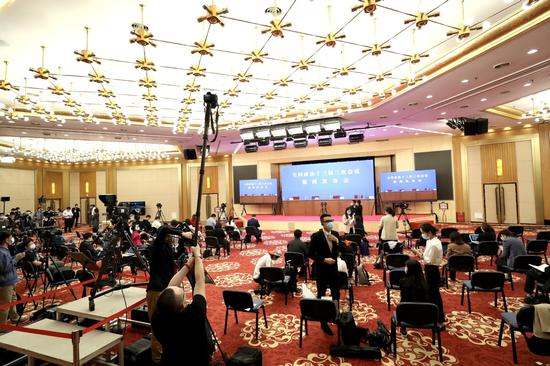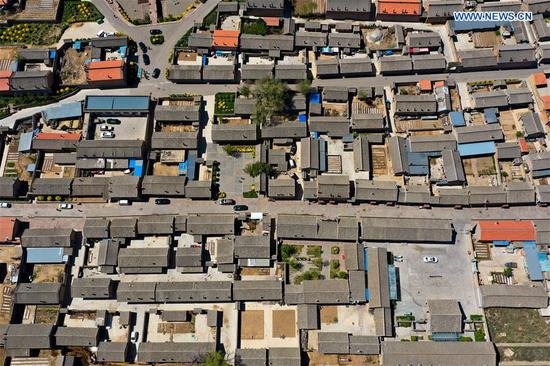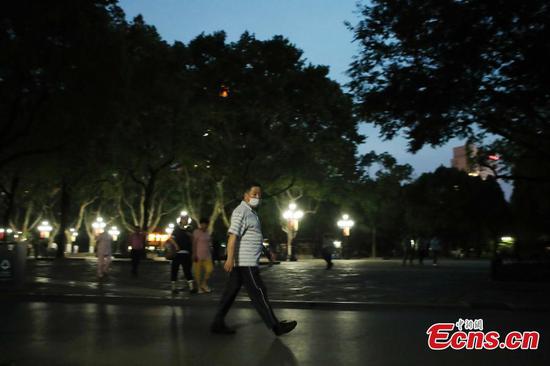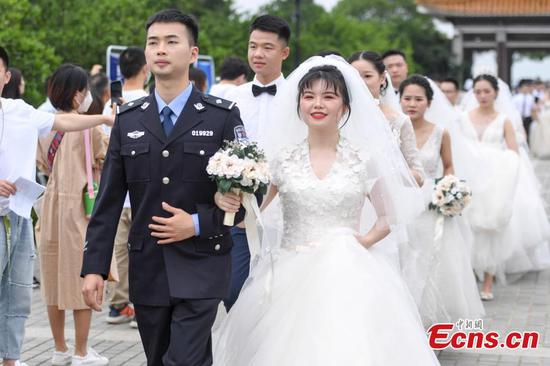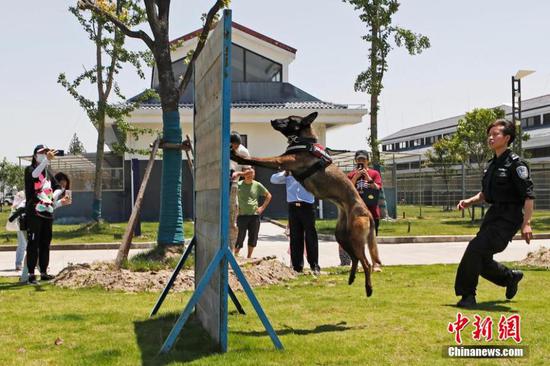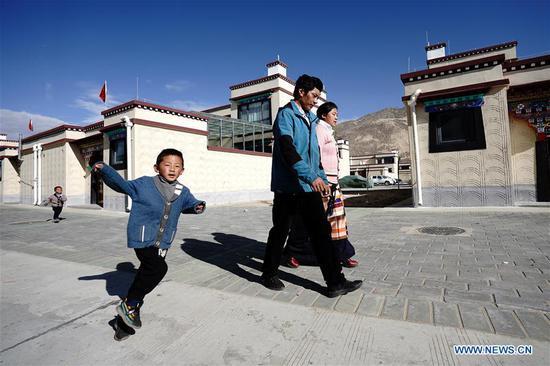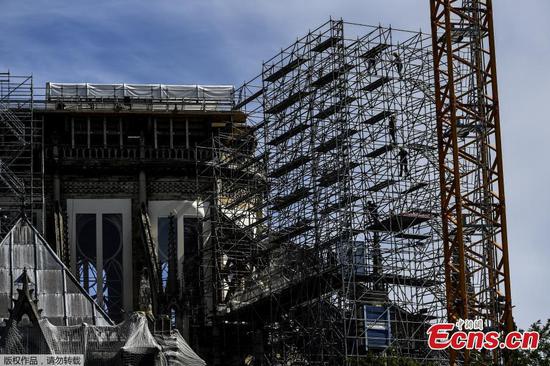
Visitors learn about securing personal information protection online through a game at an internet safety-themed expo in Tianjin last year. (ZHOU RUNJIAN/XINHUA)
He added that China had already started formulating its first personal information protection law.
According to a report by Xinhua News Agency on May 14, the first draft of the personal information protection law has been completed and it will be submitted to the Standing Committee of the NPC for deliberation as soon as possible.
Yang Lixin, from Renmin University, said that if the draft civil code is passed, it will provide a solid legal basis for more-detailed regulations to protect personal information.
"The general provisions of the civil code stipulate principles on the protection of personal information, and four other articles have been added in a separate chapter of the personality rights code," he said.
For example, two articles in the personality rights section define privacy and the sort of acts that constitute infringement of privacy, he said.
He added that the articles also include cases of infringement via digital technologies, which also meet the legislative requirements of the internet era.
"As the basic law, the civil code will list all fundamental principles that provide a legal basis for making more-detailed regulations for the protection of personal information," he said.
Wang said the civil code is an encyclopedia of social life and the independent compilation of the section related to personality rights highlights its essence as a "people-oriented" law. Moreover, it will help to rectify the defects of the existing Civil Law, which tends to emphasize protection of property over people.
"Therefore, singling out personality rights our country's civil code …can help extend the protection of personality rights and make up for the shortcomings of the traditional civil code system," he said.










